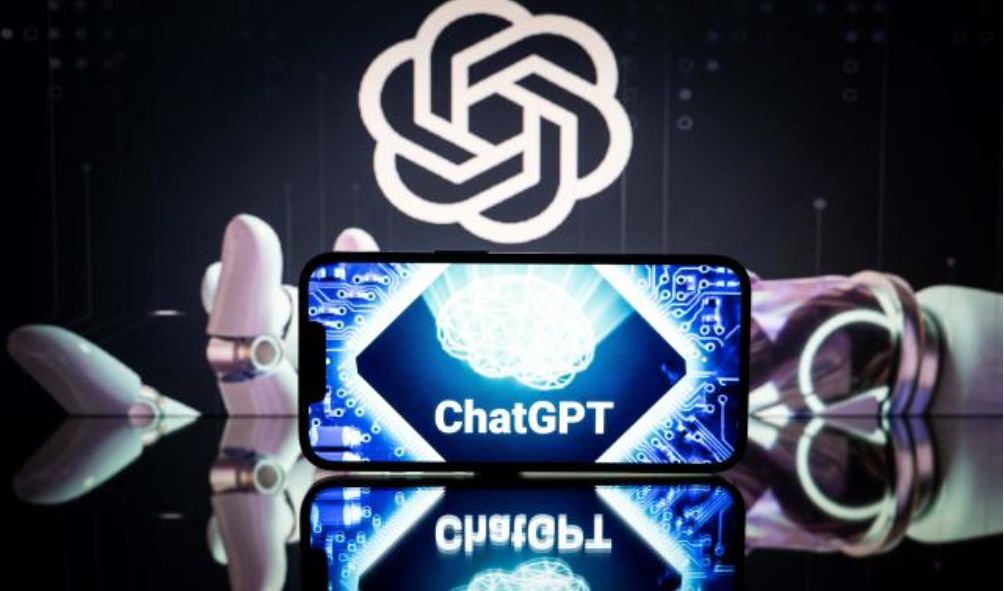ChatGPT Aces Law and Business School Exams
ChatGPT is intelligent enough to pass prestigious graduate-level exams, though not particularly well.
According to professors at the universities, the powerful new AI chatbot tool recently passed law exams in four courses at the University of Minnesota and another exam at the University of Pennsylvania’s Wharton School of Business.
Professors at the University of Minnesota Law School recently graded the exams blindly to see how well ChatGPT could generate answers on exams for the four courses.
The bot performed on average at the level of a C+ student after completing 95 multiple-choice questions and 12 essay questions, earning a low but passing grade in all four courses.
ALSO READ: Pope Francis on Homosexuality and Sin: A Clarification
ChatGPT performed better on a business management course exam at Wharton, earning a B to B- grade.
Christian Terwiesch, a Wharton business professor, said in a paper detailing the performance that ChatGPT did “an amazing job” answering basic operations management and process-analysis questions but struggled with more advanced prompts and made “surprising mistakes” with basic math.
“These errors can have massive consequences,” he wrote.
The test results come as an increasing number of schools and teachers express concerns about ChatGPT’s immediate impact on student’s ability to cheat on assignments.
Some educators are now rethinking their assignments in response to ChatGPT, even though it is unclear how widespread the tool is among students and how harmful it could be to learn.
ChatGPT has been used to generate original essays, stories, and song lyrics in response to user prompts since its release in late November. It has composed research paper abstracts that have deceived some scientists.
Some CEOs have even used it to send emails or perform accounting tasks.
ChatGPT is trained on massive amounts of online data to respond to user prompts.
While it has gained popularity among users, it has also raised some concerns, including inaccuracies and the possibility of it perpetuating biases and spreading misinformation.
ALSO READ: Katy Perry’s Regret: Passing on Billie Eilish
According to Jon Choi, a law professor at the University of Minnesota, the goal of the tests was to investigate ChatGPT’s potential to assist lawyers in their practice and to assist students in exams, whether or not their professors allow it because the questions often mimic the writing lawyers do in real life.
“ChatGPT struggled with the most traditional components of law school exams, such as identifying potential legal issues and conducting in-depth analysis applying legal rules to the facts of a case,” Choi said.
“However, ChatGPT may be very useful in producing a first draft that a student can then refine.”
He believes that human-AI collaboration is the most promising application of ChatGPT and similar technology.
“I have a strong suspicion that AI assistants will become standard tools for lawyers shortly, and law schools should prepare their students for that possibility,” he said.
“Of course, if law professors want to continue testing simple recall of legal rules and doctrines, they’ll need to impose restrictions like banning internet access during exams to enforce that.”
Similarly, Wharton’s Terwiesch discovered that the chatbot was “remarkably good” at modifying its answers in response to human hints, such as reworking answers after pointing out an error, implying the potential for humans and AI to collaborate.
In the short term, however, there is still uncertainty about whether and how students should use ChatGPT.
For example, public schools in New York City and Seattle have already prohibited students and teachers from using ChatGPT on the district’s networks and devices.
ALSO READ: Austrian Cellar Arrest
Given that ChatGPT performed above average on his exam, Terwiesch told CNN that he agrees that students should be restricted while taking tests.
“Bans are required,” he stated. “After all, when you give a medical doctor a degree, you want them to know medicine, not how to use a bot. The same is true for other skill certifications, such as law and business.”
Terwiesch, on the other hand, believes that this technology will eventually find a place in the classroom.
“If all we end up with is the same educational system as before, we will have squandered an incredible opportunity provided by ChatGPT,” he said.
READ MORE ON GOSSIPA2Z:
- Inside Job Exposed: Kenyan Prison Wardens Convicted for Orchestrating Daring Terrorist EscapeInside Job Exposed: Kenyan Prison Wardens Convicted for Orchestrating Daring Terrorist Escape Three senior prison
- Uganda Pulls the Plug: Nationwide Internet Blackout Ordered Days Before Crucial General ElectionUganda Pulls the Plug: Nationwide Internet Blackout Ordered Days Before Crucial General Election Uganda has
- African Elections Under the Spotlight as Zambia Turns to Kenya Ahead of 2026 VoteAfrican Elections Under the Spotlight as Zambia Turns to Kenya Ahead of 2026 Vote Kenya
- “Two Drug Barons in Cabinet?” Kenya Government Fires Back as Ex-Deputy President Sparks Explosive Drug Claims“Two Drug Barons in Cabinet?” Kenya Government Fires Back as Ex-Deputy President Sparks Explosive Drug
- Kenyan Court Freezes Use of Private Lawyers by Government, Sparks Nationwide Legal StormKenyan Court Freezes Use of Private Lawyers by Government, Sparks Nationwide Legal Storm A major





